New Academic Year, New Faces, New Roles: Part 2
Nine new full-time faculty members joined Emerson this year, and nine familiar faces are returning in new roles.
Each Fall, we introduce them to the community and ask them to answer a handful of (totally optional) questions. The first nine are here. Below are the second nine:
New Faces
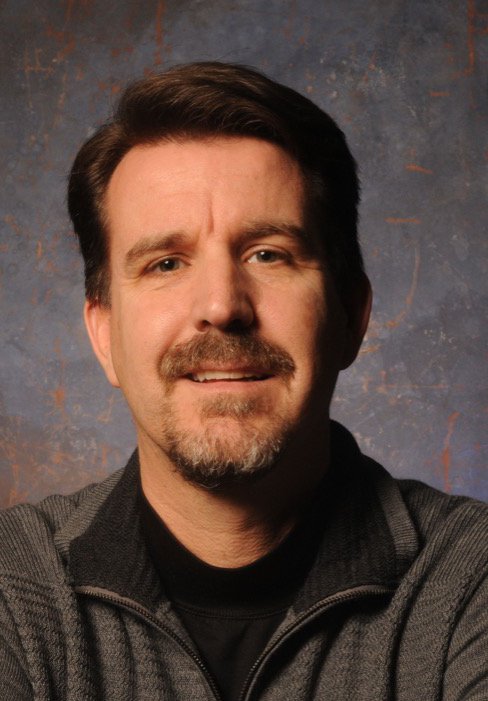
Eric Hogue
Assistant Professor
Marketing Communication
With almost 30 years in marketing and business analytics, Eric Hogue has advised senior management in telecom, consumer package goods, travel, banking, hospitality, and social media, winning recognitions with a David Ogilvy and a Great Minds Award from the Advertising Research Foundation. He recently completed a PhD in Economics from Middle Tennessee State University; his dissertation examined the changing incentive structure in the music industry with the globalization of streaming.
Hogue also manages a deceased legacy performing artist, and runs a small bluegrass record label, which received a 2021 Grammy nomination for Best Bluegrass album. He has been married for 30 years to his wife, Katie, with whom he has two adult children, Allison and Natalie.
Q: What’s the most exciting thing happening in your field right now?
The growth of behavioral economics and “nudge” techniques to encourage individuals to make better choices.
Q: What was the last thing you learned?
Plan carefully, and when it falls apart, manage through it.
Q: What are you currently reading?
A broad selection of published academic papers to figure out my next research topic. Yes, pretty dull, but I am getting some good ideas.
Q: What do you most want students to take away from your classes?
Facilitating their ability to think critically, digest risk, and consider the legacy they want to build.
Q: What do you like to do when you’re not working?
Travel and hang out with my ambitious adult children. My goal for this year is to relearn sailing and guitar.
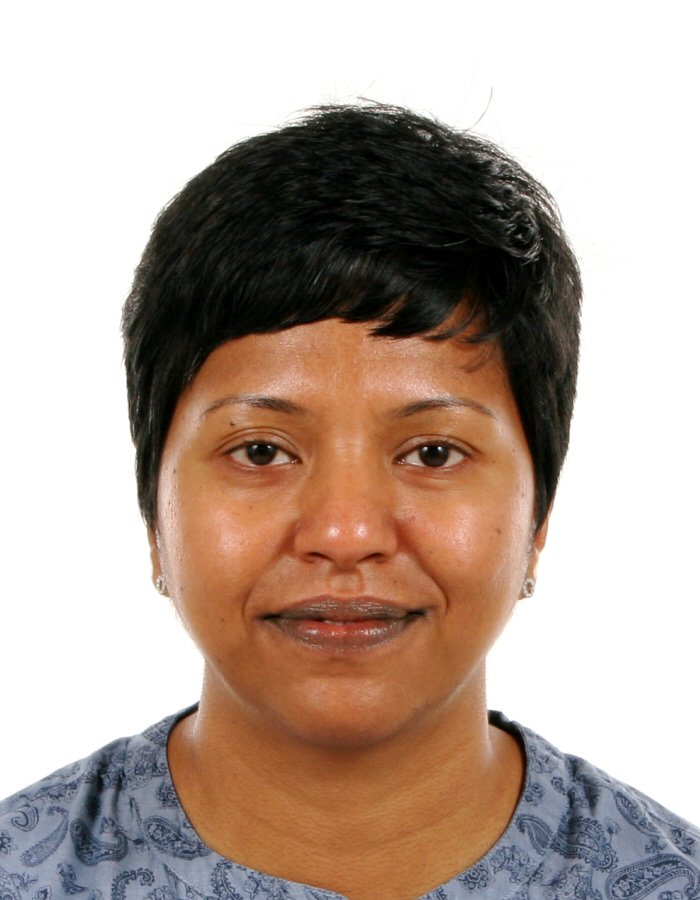
Mili Mathew
Associate Professor
Communication Sciences and Disorders
Mili Mathew received her PhD in Speech Language Pathology from the All India Institute of Speech and Hearing, University of Mysuru, India, and completed her postdoctoral fellowship at Macquarie University in Australia. Her research focuses on improving fundamental knowledge about hand gestures across the lifespan, and the interplays between linguistic and cultural factors in the production of gestures.
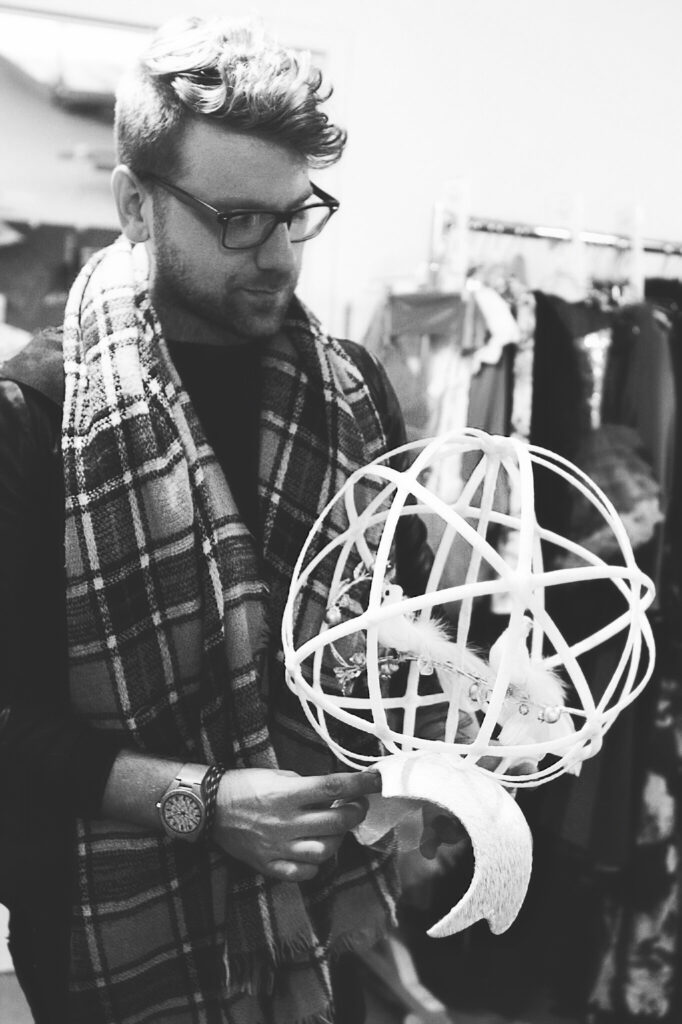
Tristan Raines
Assistant Professor
Performing Arts
Tristan Raines is a costume designer, educator, and artist who has worked for 15 years in New York, regionally, and internationally on a wide variety of productions and projects. Select theaters and companies he has collaborated with include Center Theater Group, La Jolla Playhouse, The Muny, Cirque Música, Norwegian Cruise Line, and Rattlestick Playwrights Theater. He also works with the Off/The Lane organization to bring mentorship and universal theatre education to young artists all over the country.
He began teaching at Pace University, where he taught costume design-related courses and developed the design department’s capstone classes. He holds a BA in Design from Northwest Missouri State University, an MFA from Boston University, and holds certification in Diversity, Inclusion, and Equity Leadership, as well as certification in Inclusive Design for Online Education. He also studied musical theatre and Shakespeare at Imperial College, and is a proud United Scenic Artists Union member.
Q: What’s the most exciting thing happening in your field right now?
I think the most exciting thing happening in the field is actually the movement for pay equality for costume artists. Pay equality has long been a major downfall in the costume field, and with long and hard conversations, we are moving in a direction. There is a Mt. Everest-sized climb ahead, but I think after years of not being allowed at these tables, it is seeing a shift. I would encourage all theatre artists to take a listen and support your costume teams in these conversations. This also goes to … diversity, equity, and belonging throughout the theater industry itself, too.
Q: What was the last thing you learned?
Everything in life is made up. If you don’t like how something is, then make up something new! (I did learn this from a TikTok video, but it’s a very valid point!)
Q: What are you currently reading?
I am very into Caitlin Doughty and her YouTube channel, Ask a Mortician, so I am re-reading her book, From Here to Eternity.
Q: What do you most want students to take away from your classes?
I want students to ignite a passion for design and the industry. The theater industry is wild and unpredictable, but learning to live and experience that unpredictability is something that I really pride myself in teaching my students. You don’t have to be a costume designer to fuel the passion in my classes. You just have to listen and try, and something will stick.
Q: What do you like to do when you’re not working?
When I am not working, I have an awesome dog named Branson who needs a lot of walks and treats. He knows how to twist my arm. I also am a soap maker, so I tend to geek out on making soap and watching videos about new techniques. There are also some bee keeping videos in there as well. I am also a complete boat fanatic, so I can be found renting a boat for a sail or doing some sort of weekend cruise. So, I’m basically a YouTube-loving boater who has a dog that maybe has soap named after him on my Etsy site during the holidays.
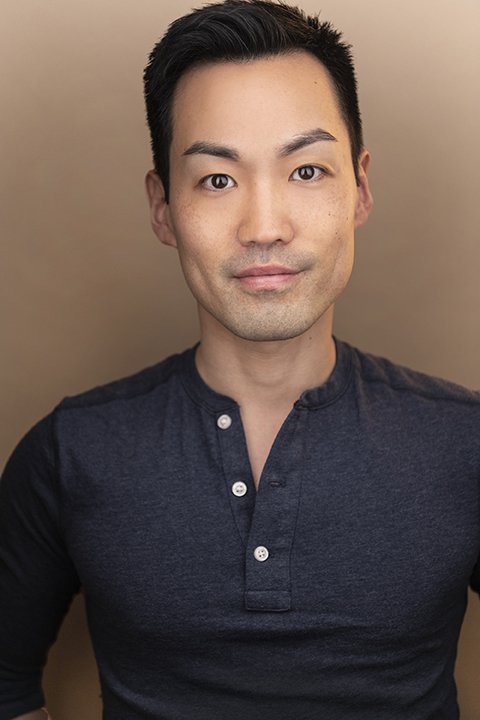
Christopher Shin
Assistant Professor (starting Spring 2023)
Performing Arts
Christopher Shin is a musical theatre performer, teacher, and choreographer. He made his Broadway debut in Mary Poppins, where he was a member of the closing company. Touring credits include Irving Berlin’s White Christmas (directed/choreographed by Tony nominee Randy Skinner) and Kansas City Starlight’s tour of Miss Saigon (choreographed by Baayork Lee, recipient of the 2017 Isabelle Stevenson Tony Award).
Shin has worked extensively at regional theaters across the country, including Goodspeed Opera House, Walnut Street Theatre, Maltz Jupiter Theatre, Westport Country Playhouse, Sacramento Music Circus, Ogunquit Playhouse, North Shore Music Theatre, and Arkansas Rep. Choreography credits include Newsies with Zilker Theatre Productions, and Annie and Grease at TexArts.
He has taught at San Diego State University and Molloy College/CAP21. Shin received his BFA in Theatre from New York University’s Tisch School of the Arts and his MFA in Musical Theatre from San Diego State.
Q: What’s the most exciting thing happening in your field right now?
I think more diversity in the casting process is allowing us to look at some of the more traditional musicals in a different way. We can tell stories that we know so well without making them museum pieces through the endless possibilities of unique choices brought in with our own evolving, multi-faceted, unique identities.
Q: What was the last thing (piece of knowledge or life lesson) you learned?
Multiple truths can exist at the same time.
Q: What are you currently reading?
Eastern Body, Western Mind: Psychology and the Chakra System, by Anodea Judith. I have been slowly working my way through this book and am very excited to go through it a second time.
Q: What do you most want students to take away from your class?
Everybody and every body is different. I want my students to bring their individual selves into the present moment to create stories. I want my students to know that each time they bring themselves into the present moment will be different, because they are constantly evolving, as are those around them.
Q: What do you like to do when you’re not working?
I love to work out and remain physically active, as well as enjoy a glass of wine while unabashedly listening to solo albums of Barbra Streisand from the 1960s.
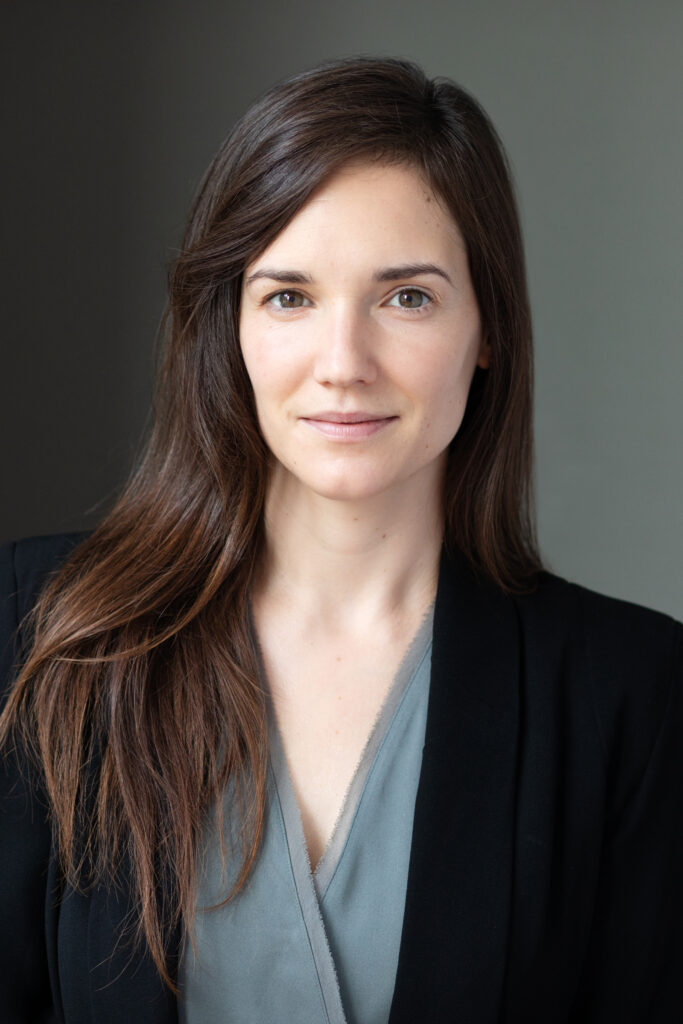
Leah Vonderheide
Assistant Professor
Visual and Media Arts
A scholar of global film and media, Leah Vonderheide’s teaching and research interests include Indigenous-made media, feminist film theory, and strategies of resistance across fiction, documentary, and experimental film. Her current book project explores the critical role played by Maori filmmaker Merata Mita in decolonizing the screen for Indigenous media artists across the globe, and was awarded a National Endowment for the Humanities summer stipend in 2020.
Vonderheide was a Mellon Postdoctoral Fellow at Oberlin College, and received her PhD from the University of Iowa, and her MA from the University of Canterbury in New Zealand.
Q: What’s the most exciting thing happening in your field right now?
Decolonizing and feminist methodologies are allowing the film studies canon and curriculums to become more diverse and inclusive.
Q: What was the last thing you learned?
In relocating to Boston, I have learned that Emerson College resides on the ancestral and unceded lands of the Massachusett people. I am deeply grateful to those who have long been the caretakers of the land on which I now work and reside, and express my respect to the Massachusett elders, past and present. Along with the college, I acknowledge the truth of violence perpetuated in the name of this country and make a commitment to uncovering that truth.
Q: What are you currently reading?
Love After the End: An Anthology of Two-Spirit and Indigiqueer Speculative Fiction, edited by Joshua Whitehead
Q: What do you most want students to take away from your classes?
On a fundamental level, in any visual and media arts course I teach, my aim is for students to develop the analytic, expressive, and imaginative abilities needed to interrogate, understand, and – for many – create works of film and media.
Q: What do you like to do when you’re not working?
Read, hike, and travel.
New Roles

Robb Eason
Scholar-in-Residence
Marlboro Institute for Liberal Arts and Interdisciplinary Studies
Robb Eason’s research interests include epistemology and the philosophy of mind, the philosophy of teaching, the philosophy of science, the history of philosophy, and neuroethics. He has written a chapter for a book on the philosophy of technology called Chasing Technoscience: Matrix for Materiality, and has published articles in the Philosophy of Science and the History of Philosophy. He also co-edited and contributed to a volume of the journal Philosophy and Social Research, focusing on the work of the American philosopher Robert Brandom.
He is currently completing his PhD from Stony Brook, and was previously a senior affiliated faculty member at Emerson.
Q: What’s the most exciting thing happening in your field right now?
Food ethics is a subfield of philosophy that I work and teach in, and it’s growing incredibly fast. Lately, I’m enjoying thinking through the implications and possibilities of growing meat inside of bioreactors rather than on the hoof. Charting the way advances in the relevant sciences and technology are influencing ethical debates concerning, among other things, animal welfare, is fascinating.
Q: What was the last thing (piece of knowledge or life lesson) you learned?
I learned, once again, that summer squash is frighteningly prolific in the garden. Next year I will plant less!
Q: What are you currently reading?
I am currently reading Kathryn Bond Stockton’s Gender(s), and Christian List’s Why Free Will Is Real.
Q: What do you most want students to take away from your class?
I want students to see the power of and joy associated with interrogating the very concepts we think with and act according to. Philosophy is so exciting!
Q: What do you like to do when you’re not working?
When I am not working, I’m either taking care of something growing, be it a plant in the house or out in the garden, or I am planning the next meal. I love to cook!
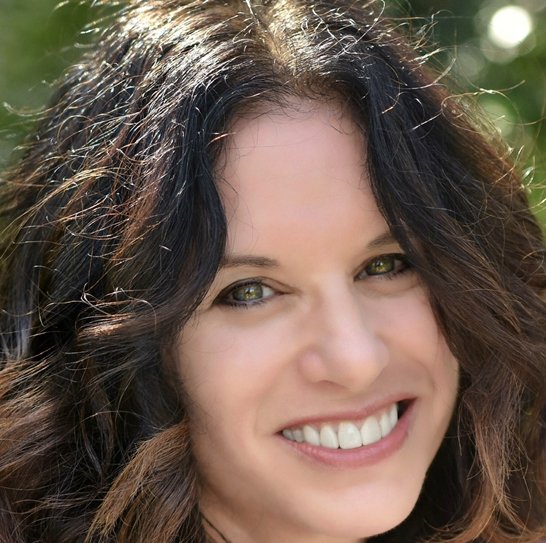
Shari Frost
Artist-in-Residence
Visual and Media Arts
Shari Frost teaches undergraduate and graduate screen and TV writing. Her pilot, Unfashioned Creatures, a historical romcom series with original pop music based on true-ish events, is currently under a shopping agreement. Other TV pilots and screenplays have placed in the Academy Nicholl Screenwriting Fellowships, Page International Screenwriting Awards, Final Draft Big Break Screenwriting Competition, and Austin Film Festival Screenwriting Competition.
Frost’s plays have been produced at the Boston Theater Marathon and the Warner International Playwrights’ Festival, among others. The Driving Lesson is published in New World Theatre’s A Solitary Voice: A Collection of Epic Monologues. I Just Love That Keith Urban is published in Smith & Kraus’ The Best Ten-Minute Plays 2017. Bang for the Buck is published in the 2015 edition.
Previously an affiliated faculty member at Emerson, Frost also is a member of the adjunct faculty at Lesley University, where she received her MFA in Creative Writing, with a concentration in Writing for Stage & Screen.
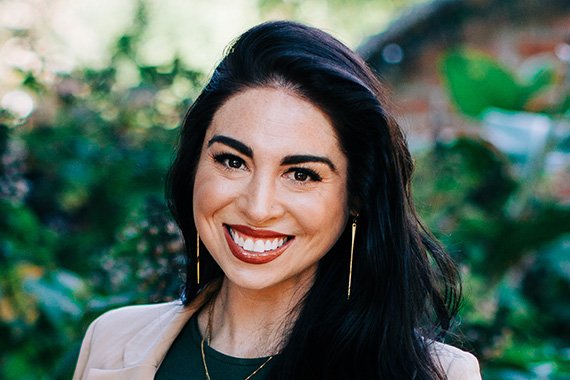
Amber Lee
Assistant Professor
Writing, Literature and Publishing
Amber Lee earned her MFA in Creative Writing (Fiction) from Emerson, where she also taught first-year writing and was the editor of Redivider. She earned her PhD in Rhetoric and Composition from the University of South Carolina, where she taught and served as the assistant director of First-Year Writing. She edited the first-year English textbook (The Carolina Rhetoric, 2018), has published numerous articles, and was awarded the Russell J. and Dorothy S. Bilinski Fellowship.
Lee’s current research revolves around rhetorical theory and memory, and her book in progress investigates the contours of memory’s protean liquidity and its maddening, intoxicating ability to move through, move with, and shape our world. When she isn’t researching, teaching, or writing, she enjoys reading old cookbooks, experimenting, running, enjoying coffee in her neighborhood rose garden, playing with her cat, and laughing with her partner.
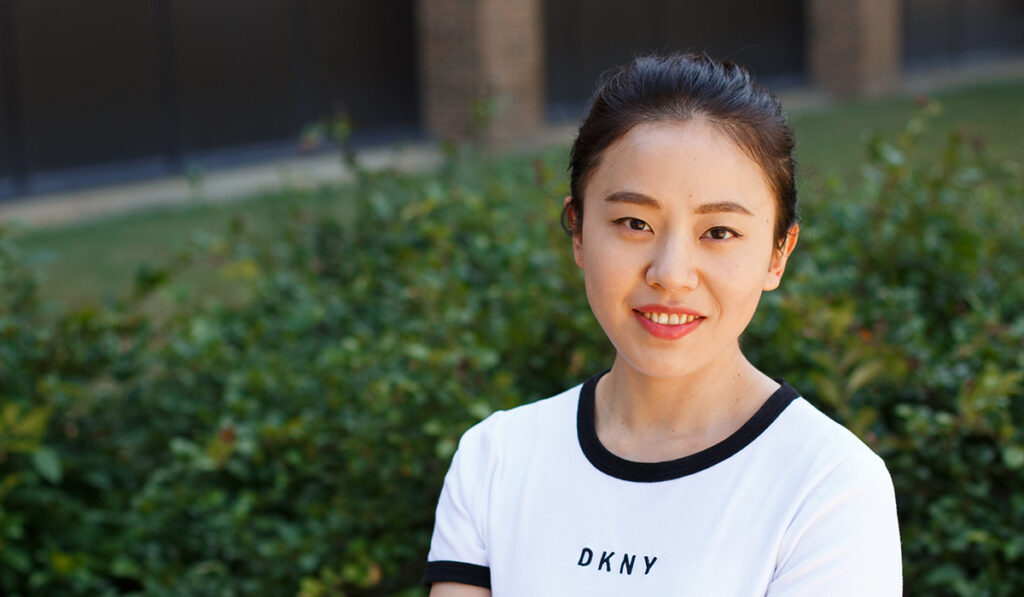
Zhao Peng
Assistant Professor
Journalism
Zhao Peng is doing research in the areas of data visualization, online privacy literacy, computational journalism, and topic modeling. She uses both quantitative and qualitative approaches to address questions such as how communication scientists can present their findings more engagingly and interactively; how communication practitioners can apply DEI in data visualization; how news audiences will interact with, perceive, and consume algorithmic media; and how to design campaign messages to improve parents’ and children’s privacy literacy.
Peng, who joined Emerson last year as a journalist-in-residence, received her PhD from the Michigan State University School of Journalism. She also holds a master’s degree in Statistics.
Peng answered the Emerson Today questions in 2021, when she was hired as a journalist-in-residence.
Categories